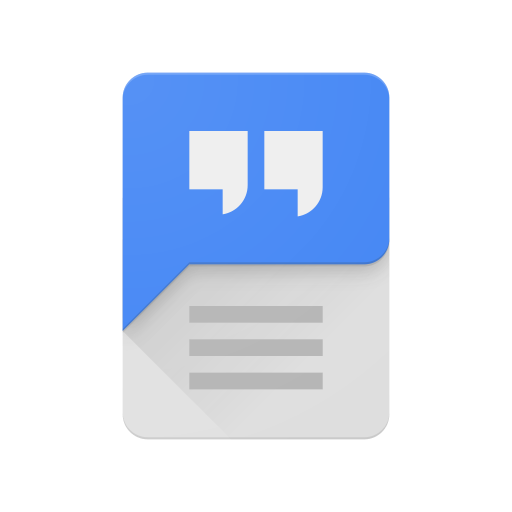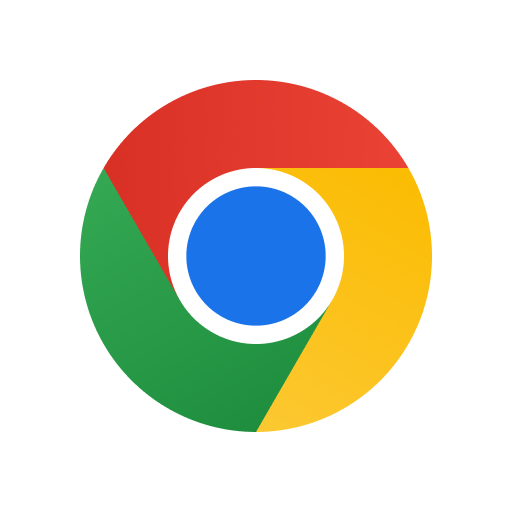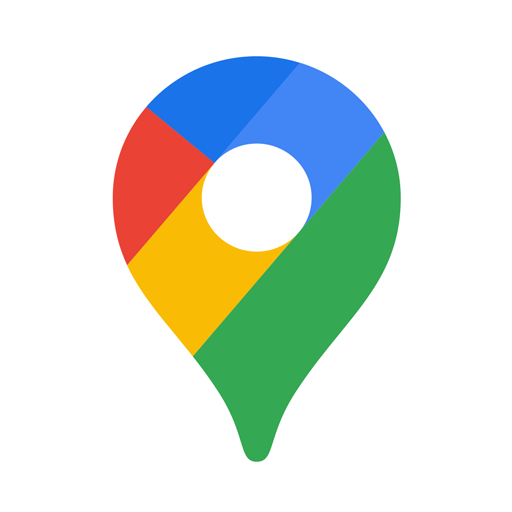English to Urdu Dictionary - Translate & learn Urdu
Instantly translate English words to Urdu with accurate definitions and pronunciations.

- 8.5 Version
- 2.0 Score
- 7M+ Downloads
- In-app purchases License
- 3+ Content Rating
Introducing English to Urdu Dictionary
If you are a student of English or Urdu looking to understand meanings in authentic Urdu or English fonts with Roman Translation, then the application (English to Urdu Dictionary) is ideal for you. This offline Urdu English Roman Dictionary is an educational tool for all users interested in learning the English Language. It serves as a free English to Urdu Dictionary for studying translation and pronunciation. While the App provides meanings from Urdu to English and Roman to English or Urdu, it also offers common English to Urdu word meanings like a conventional English dictionary.
This 100% free dictionary app combines the functionalities of English Dictionary Offline and Urdu Dictionary Offline. With embedded Urdu font, there's no need for any additional Urdu features on your device. You can explore a complete Urdu to English dictionary acting as an Urdu to English trainer with Roman translation assistance. Essentially, this is your go-to Urdu Dictionary.
Beyond being an Urdu Dictionary offline, English and Urdu Dictionary also functions as a learning aid. It can be utilized without an internet connection, features auto-suggestion, and supports speech-to-text functionality. You can add or remove words from your study plan while enjoying word suggestions as you type. The app facilitates easy understanding of meanings by providing definitions, synonyms, antonyms, and related words.
This top-notch Urdu English dictionary caters to Urdu speakers keen on enhancing their English language skills with an extensive vocabulary. Whether you are immersed in English books, movies with subtitles, or come across unfamiliar words, the English to Urdu dictionary has you covered. It simplifies your everyday language requirements, making them more accessible, convenient, and enjoyable.
How to Use:
1- Search for any English word and click on it to view its meanings in Urdu and Roman languages.
2- Explore meanings of Urdu words by searching and clicking for English translations.
3- Access the English to Roman Dictionary feature to search for English or Roman words and retrieve their meanings in Roman, English, and Urdu.
Urdu Dictionary Features:
- Translations – English to Urdu, Urdu to English with Roman.
- Layout - simple and user-friendly design.
- Favorites / Bookmarks - create a list of favorite words by clicking the star/heart icon.
- Thesaurus – sorted list of words alphabetically in English, Roman, and Urdu.
- Test – engage in MCQ (Multiple Choice Question) tests to enhance your vocabulary.
- Notification – receive daily word notifications to grow your vocabulary (Word of the Day).
- Keyboard – access both English and Urdu keyboards.
- Multiple Options – explore words with various meanings, definitions, synonyms, antonyms, and related terms.
- Word spelling using Text-To-Speech module (No Internet Connection required).
- Detailed vocabulary that is frequently updated.
- Over 300,000 words and vocabulary updated on a weekly basis.
Packed with clear definitions and contemporary vocabulary from diverse life areas, the Urdu - English - Urdu dictionary with Roman translation will cater to your daily language requirements, ensuring your travels are comfortable and enjoyable. It is the ultimate free English Urdu dictionary suitable for travelers, businessmen, players, students, teachers, learners, boys, and girls alike.
Urdu Vocabulary Learning Guided Tour
No topic has had a greater impact on the definition of the Urdu language than words.
The modules in this unit introduce readers to the five linguistic traditions whose confluence comprises the massive reservoir of words that is the Urdu language. The following lessons are intended as basic introductions to the topic. For detailed analyses, reader might consult some of the works listed in the bibliography.
Philologists and linguistics have historically categorized Urdu vocabulary using terms such as “Indic” and “Perso-Arabic.” They have even gotten more specific and designated words as deriving from Sanskrit, Persian, Arabic, and other languages. As we will see, this categorization can be very useful. But it has its limitations. The recognition that a word is etymologically derived from Arabic tells us nothing about the context in which it was borrowed into Urdu. Many Arabic words entered Urdu through Persian, but we wouldn’t know that just by reading an Urdu dictionary where a word’s etymology is marked as “Arabic.” The recognition of a Sanskritic etymology often tells us very little about the history of the word. Many Sanskrit words were borrowed into Urdu through Prakrit. Some may be borrowings from other modern Indic languages.
One way that philologists and historical linguists have drawn etymological distinctions among words is by their sounds and spellings. For example, خ and غ are considered Perso-Arabic (and thus not Indic) sounds. Likewise, because ذ and ط are considered to mark sounds in Arabic not used in Urdu (or Persian), they are imagined only to appear in Arabic loanwords.
Urdu presents serious problems for this narrative by way of substantial exceptions. In theoretical terms, it casts doubt on the notion that a sound is foreign to a language or language family by providing examples of speakers of that language or within that language family who have used the sound for centuries. To return to our examples, the letters خ and غ have appeared in Indic vocabulary in Urdu for centuries in words like پٹاخا [paṭāḳhā] (firecracker) and غنڈا [ġhunḍā] (gangster). By “Indic,” we mean vocabulary not found in Persian or Arabic and related in some way to other Indic languages such as Sanskrit. Likewise, ذ and ط are conventionally used to spell a small yet ubiquitous set of Persian words, such as گذشتہ [guzishtā/guzashtā] (past) and طوطا [totā] (parrot). In recent decades, attempts have been made to impose the etymological distinctions onto the language, for example by changing spellings to گزشتہ and توتا. This kind of etymological essentialism and exclusivism is something that Urdu has historically defied and continues to resist.
That said, it is useful for the purpose of vocabulary acquisition and word studies to make broad etymological distinctions. For that reason, the following modules divide the sources of Urdu vocabulary into separate sections according to etymological origin. In each section, we will learn a basic strategy for recognizing the origin of a word. We will also learn three word-building patterns that we can use to help build and refine our vocabulary.
Why Disctionary: With dictionaries, unknown words become solvable mysteries.
Wikipedia and Google answer questions with more questions, opening up pages of information you never asked for. But a dictionary builds on common knowledge, using simple words to explain more complex ones. Using one feels like prying open an oyster rather than falling down a rabbit hole. Unknown words become solvable mysteries. Why leave them up to guesswork? Why not consult a dictionary and feel the instant gratification of pairing context with a definition? Dictionaries reward you for paying attention, both to the things you consume and to your own curiosity. They are a portal into the kind of irrational, childish urge to just know things that I had before learning became a duty instead of a game. I’m most amused by words that absolutely do not mean what I thought they meant. Like cygnet. Which has nothing to do with rings or stationery. (It’s a young swan.)
There are, of course, many different kinds of dictionaries. The way they’ve proliferated over time is a reminder of just how futile it is to approach language as something that can be fully understood and contained. Samuel Johnson’s Dictionary of the English Language, published in 1755, defined a paltry 40,000 words. The original O.E.D., proposed by the Philological Society of London in 1857 and completed more than 70 years later, contained over 400,000 entries. The Merriam-Webster universe is a direct descendant of Noah Webster’s American Dictionary of the English Language, published in 1828. Compiled by Webster alone over the course of more than 20 years, it contained 70,000 words, nearly a fifth of which had never been defined before. Webster, who corresponded with founding fathers like Benjamin Franklin and John Adams, saw lexicography as an act of patriotism. He believed that establishing American standards of spelling and definition was necessary to solidify the young nation’s cultural identity as separate from that of England.
Perhaps because of Webster’s enthusiasm for rules, dictionaries have long had an unfair reputation as arbiters of language, as tools used to limit rather expand your range of expression. But dictionaries don’t create language — people do. Take dilettante: The superficial connotation of the word is a modern invention. Noah Webster’s aforementioned American Dictionary defines it as “one who delights in promoting science or the fine arts.” The O.E.D. cites its connection to the Latin verb delectare, meaning “to delight or please.” To be a dilettante once meant that love and curiosity drove your interest in a given discipline. For me, dictionaries are a portal into that kind of uncalculated knowledge-seeking. They remind me that, when it comes to learning, indulging your curiosity is just as important as paying attention. After all, isn’t curiosity really just another form of attention? Following your curiosity instead of swatting it away is one of the best ways I know to feel connected to more than what’s right in front of you.
- Version8.5
- UpdateSep 24, 2024
- DeveloperAppscourt
- CategoryBooks & Reference
- Requires AndroidAndroid 5.0+
- Downloads7M+
- Package Namecom.appscourt.english.urdu.roman.dictionary.offline
- Signaturea046c9b8ed23ddbe8fdd80971aa0337b
- Available on
- ReportFlag as inappropriate
-
NameSizeDownload
-
46.59 MB
-
46.44 MB
-
46.03 MB
































well designed
useful guide
updated more new online words suggested